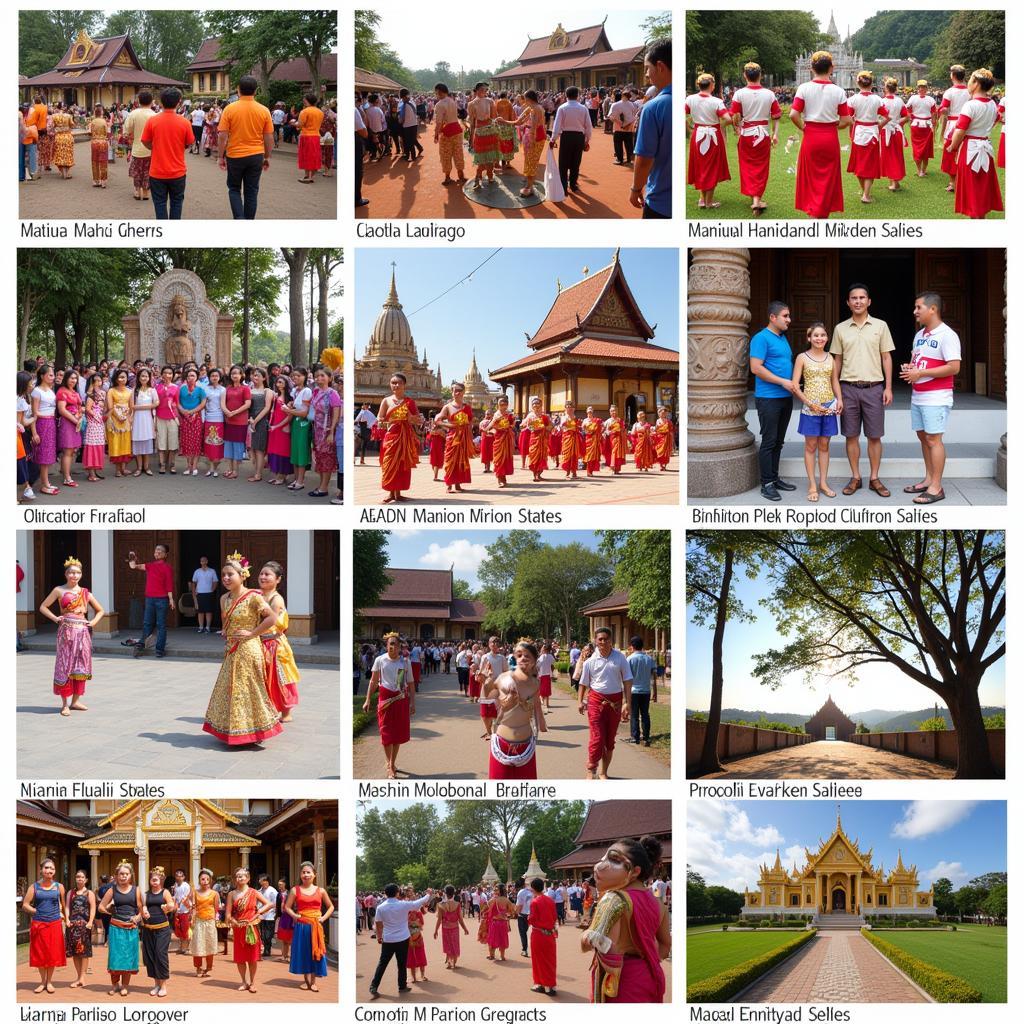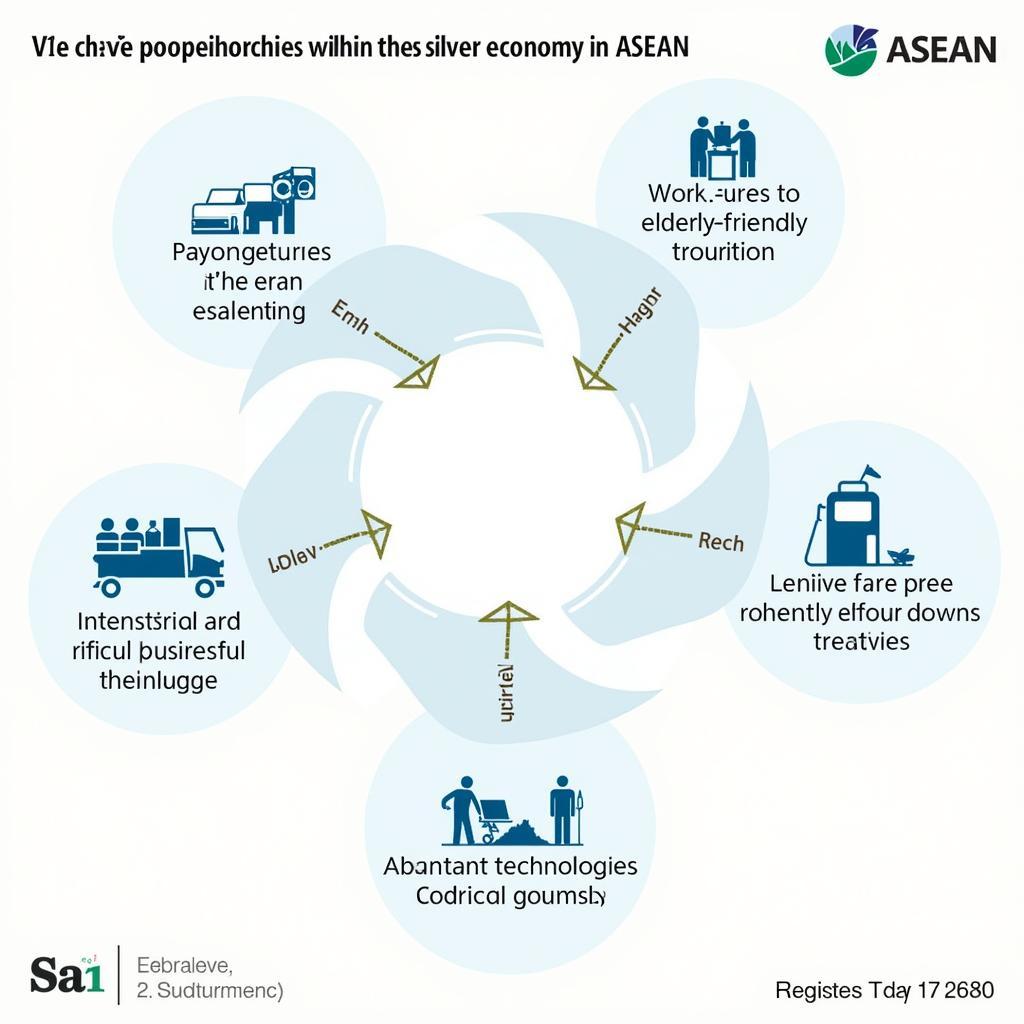The ASEAN Regional Forum (ARF) meeting in 2015 marked a significant moment for regional security dialogue and cooperation in Southeast Asia. The forum, convened against a backdrop of evolving geopolitical dynamics, saw ASEAN member states and dialogue partners grapple with pressing challenges, aiming to foster trust and ensure stability in the region.
Navigating Complex Geopolitical Terrain
The 2015 ARF took place during a period of heightened tensions in the South China Sea. Territorial disputes and maritime security issues were high on the agenda, prompting discussions on the importance of peaceful resolution mechanisms and adherence to international law, particularly the United Nations Convention on the Law of the Sea (UNCLOS).
Beyond maritime security, the forum also addressed other traditional and non-traditional security challenges. This included transnational crime, terrorism, natural disasters, and climate change. The interconnected nature of these issues underscored the need for a comprehensive and collaborative approach to security, emphasizing dialogue, confidence-building measures, and practical cooperation.
Strengthening Regional Architecture
The 2015 ARF reaffirmed the forum’s role as a key platform for dialogue and cooperation on political and security issues in the Asia-Pacific region. It provided an opportunity for ARF participants to engage in frank and constructive discussions on regional security challenges, fostering mutual understanding and trust.
The forum also emphasized the importance of strengthening regional architecture, including the East Asia Summit (EAS) and the ASEAN Defence Ministers’ Meeting Plus (ADMM-Plus). These platforms, alongside the ARF, contribute to a multi-layered regional security architecture, promoting dialogue, cooperation, and preventive diplomacy.
A Platform for Confidence Building
A key aspect of the 2015 ARF was the focus on confidence-building measures (CBMs) as a means to manage tensions and prevent conflict. The forum encouraged the implementation of existing CBMs, such as the Guidelines for Hotline Communications and the Code for Unplanned Encounters at Sea (CUES).
Furthermore, the ARF explored new areas for cooperation in non-traditional security domains, such as disaster relief and humanitarian assistance. Collaboration in these areas not only addresses shared vulnerabilities but also contributes to building trust and fostering a sense of community among ARF participants.
Conclusion
The Arf Asean Regional Forum 2015 demonstrated the forum’s enduring relevance in addressing evolving security challenges in the Asia-Pacific. By providing a platform for dialogue, cooperation, and confidence-building, the ARF continues to play a crucial role in maintaining peace and stability in the region. While the road ahead may present new and complex challenges, the ARF, with its commitment to multilateralism and dialogue, remains a vital mechanism for navigating the complexities of regional security.


